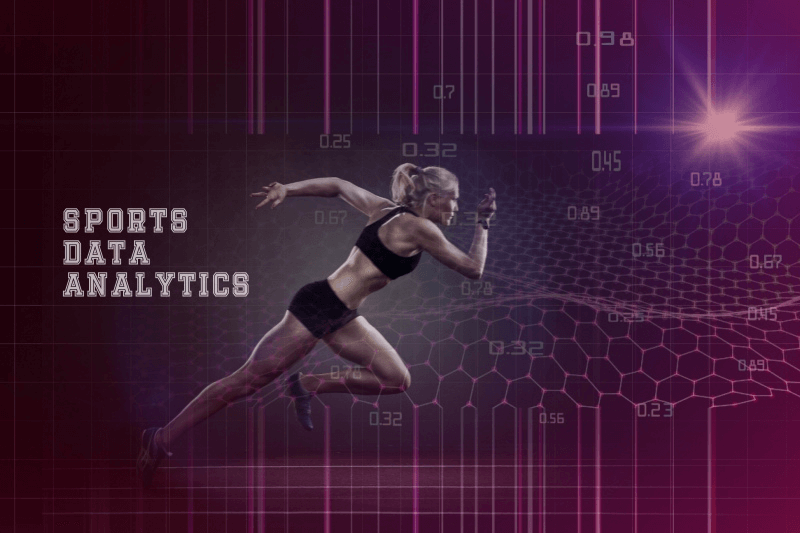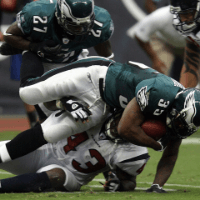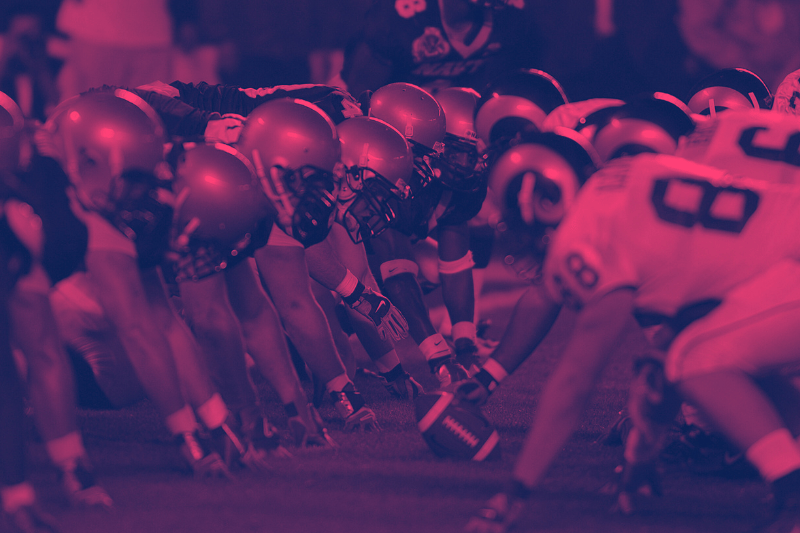
Sports Data Analytics is starting with fan and organizational data such as attendance, ticket demand, and player preferences while trying to build an ever more sophisticated understanding of the world of football from a more in-depth level. In a world where data is available at a consumer level in almost every major market, Sports data organizations may not just be seeking to get ahead; they're looking to get ahead faster — and that's no small feat.
To date, most sports information companies are only interested in one thing: information about the numbers. We don't want to have to pay our bills. We want to be able to take advantage of all of this information. Sports organizations are experimenting with different kinds of business analytics to make their processes better, more efficient and more efficient at making money. The best way to understand and exploit the potential of these new business tools is by watching the games.
Better Business Approach
With the usage of predictive analytics for sports, sports teams will be able to optimize sports revenue. It is even possible to make business decisions in terms of player's performance that would be out of the reach of traditional methods of evaluating talent. Data analytics in sports could provide the business with an enhanced understanding of its sports marketing and product planning, providing superior insights regarding the target demographic and consumer preferences. It could also help the organizations create a unique brand.
Data House
 Sports Data can be a great tool because sports clubs can collect, organize and disseminate data. But, in most cases, data collected at the club level will not help the club win many games. Instead, data collected at the stadium level will. The next step forward is identifying factors that create or detract from a competitive advantage in various sports leagues. These factors need to be identified and the data analyzed to understand the true dynamics of sports competition better.
Sports Data can be a great tool because sports clubs can collect, organize and disseminate data. But, in most cases, data collected at the club level will not help the club win many games. Instead, data collected at the stadium level will. The next step forward is identifying factors that create or detract from a competitive advantage in various sports leagues. These factors need to be identified and the data analyzed to understand the true dynamics of sports competition better.
NBA and Data Analytics
The NBA uses detailed analytics to determine what actions an individual player must take to achieve certain outcomes in games. The league can predict which plays will cause the most turnovers, shots, rebounds, and other important statistics. Despite this advantage, the NBA has not yet had any major impact on player behaviour and decisions. The team has never gone into full-scale analytics, but their data is still relatively sparse, as most analytics is based on player scouting.
NFL and USTA are now Big Data
 In other sports, such as American football, NFL football, basketball and hockey, the number of players playing at the same time can be very different. In professional football, for example, a player can have several teams that are, one to be a starter for the NFL and others to try out for the reserve team. The trend has been increasingly toward more advanced analytics software such as predictive analytics.
In other sports, such as American football, NFL football, basketball and hockey, the number of players playing at the same time can be very different. In professional football, for example, a player can have several teams that are, one to be a starter for the NFL and others to try out for the reserve team. The trend has been increasingly toward more advanced analytics software such as predictive analytics.
USTA employs sports data analytics for various use cases. The Tennis Association provides a good example. It has a strategic partnership with a large European sports company that uses its data for many projects throughout the sports world. It also runs a website that gives users the latest tennis news and results.
Soccer source
As the Soccer sport is becoming more complicated and more complex to understand with statistical analysis, many other important metrics that we will never see in the same context are also in danger of becoming irrelevant or even nonexistent. With the explosion of analytics and data, there are so many more things to track that the way we currently see and manage data is extremely inefficient.
Data-driven research looks at how to identify talent that can have a meaningful impact on a club and see what happens in the second and third tiers of the sport. Thanks to technology, we can look at the real value of the game through advanced stats. One of these advanced stats, goal differential, is based on how successful or bad a team was at scoring goals.
Future Prospect
In the future of data analytics in sports, they might create predictive models of how a stadium will look when you bring in the fans. Organizations are also interested in data and what information is available in the cloud. Organizations use information because they want to optimize performance and reduce expenses and protect themselves from data breaches or unauthorized changes to their information, which can lead to false and inaccurate claims.
Sports Data Analytics tools could be used for Analytics of player/sport metrics to forecast performance and prioritize efforts. Support of analytics using analytics and business logic can help with the creation, implementation, and evaluation of business processes. Sports Data Analytics and Data Science will improve the lives of sports fans by understanding and making better business decisions. With Data Sports Group make the transition to the analytical sports world smoother and more interesting.










